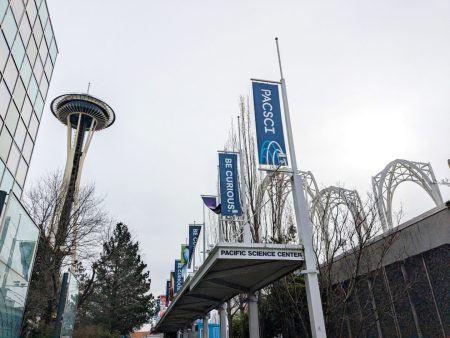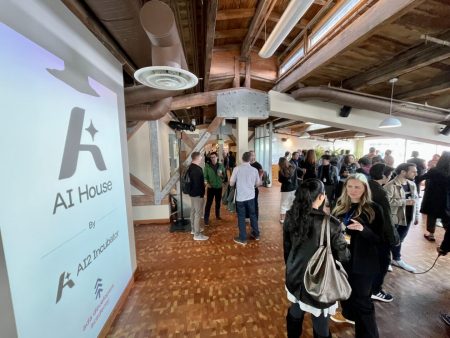Seattle Voters Approve Tax Reform Benefiting Small Businesses at the Expense of Tech Giants
In a decisive move that reflects changing attitudes toward business taxation in one of America’s most prominent tech hubs, Seattle voters have overwhelmingly supported Proposition 2, a measure designed to restructure the city’s business and occupation (B&O) tax system. With nearly 68% approval in Tuesday’s election results, this initiative creates a dramatic shift in the city’s tax landscape that will benefit thousands of small businesses while increasing the tax burden on corporate giants like Amazon. The measure comes at a critical time as Seattle grapples with substantial budget shortfalls and seeks solutions that protect emerging businesses while ensuring stable revenue for essential city services.
At its core, Proposition 2 creates a significant tax break for small and medium-sized businesses—eliminating B&O taxes entirely for those with gross receipts of $2 million or less. This change will directly benefit approximately 90% of Seattle businesses, including numerous tech startups that form the backbone of the city’s innovation ecosystem. For perspective, a service-based company with $1 million in annual revenue currently pays $4,270 in B&O taxes—a substantial sum for emerging businesses that often operate on tight margins. The tax elimination represents a meaningful financial relief that could accelerate growth and innovation among smaller enterprises that have historically struggled with Seattle’s high operational costs.
To compensate for the revenue reduction from small business exemptions, the measure significantly increases tax rates on larger corporations—raising the rate for service businesses from 0.427% to 0.65%, a jump of more than 50%. Importantly, this increased rate only applies to revenue exceeding the $2 million threshold, creating a progressive taxation structure that shields smaller operations while drawing more from established companies with higher revenue streams. City officials project the restructured tax will generate an additional $81 million annually for human services and other critical programs, helping address Seattle’s projected budget deficits over the next two years without cutting essential services.
The initiative adds another complex layer to the already tense relationship between Seattle’s government and its largest employer, Amazon. This latest tax policy change follows years of friction between the tech giant and city lawmakers over various taxation approaches aimed at addressing Seattle’s growing inequality and housing challenges. The company, which has previously threatened to reduce its footprint in Seattle over tax disputes, has not yet commented on the passage of Proposition 2. Industry observers are closely watching how Amazon and other major employers might respond to this significant increase in their tax obligations, particularly whether it might influence future hiring or expansion decisions within city limits.
Seattle Mayor Bruce Harrell and Councilmember Alexis Mercedes Rinck, who introduced the proposal earlier this year, positioned the measure as a balanced approach to protecting small businesses while maintaining essential funding for city services. Their advocacy framed the tax restructuring as a necessary response to both potential federal funding cuts and the city’s growing budget deficit. Their successful campaign emphasized how the measure would create more equitable conditions for businesses of different sizes while ensuring stable revenue for programs serving vulnerable populations—a message that clearly resonated with Seattle voters who have consistently supported progressive taxation models in recent years.
Not everyone embraced the new tax structure, with prominent critics like Jon Scholes, president and CEO of the Downtown Seattle Association, calling it “a boneheaded proposal of epic proportions.” While Scholes supported the small business exemptions, he argued that increasing taxes on larger companies would ultimately “result in Seattle defunding its tax base” by potentially driving businesses to relocate outside the city limits. This tension between creating immediate tax relief for small businesses versus potential long-term consequences for business attraction and retention highlights the challenging balancing act facing urban centers with high concentrations of both tech giants and emerging startups. As the new tax structure takes effect, both supporters and critics will be watching closely to see whether Seattle’s bold experiment in progressive business taxation delivers on its promise of a more equitable business environment without undermining the city’s position as a leading technology hub.















